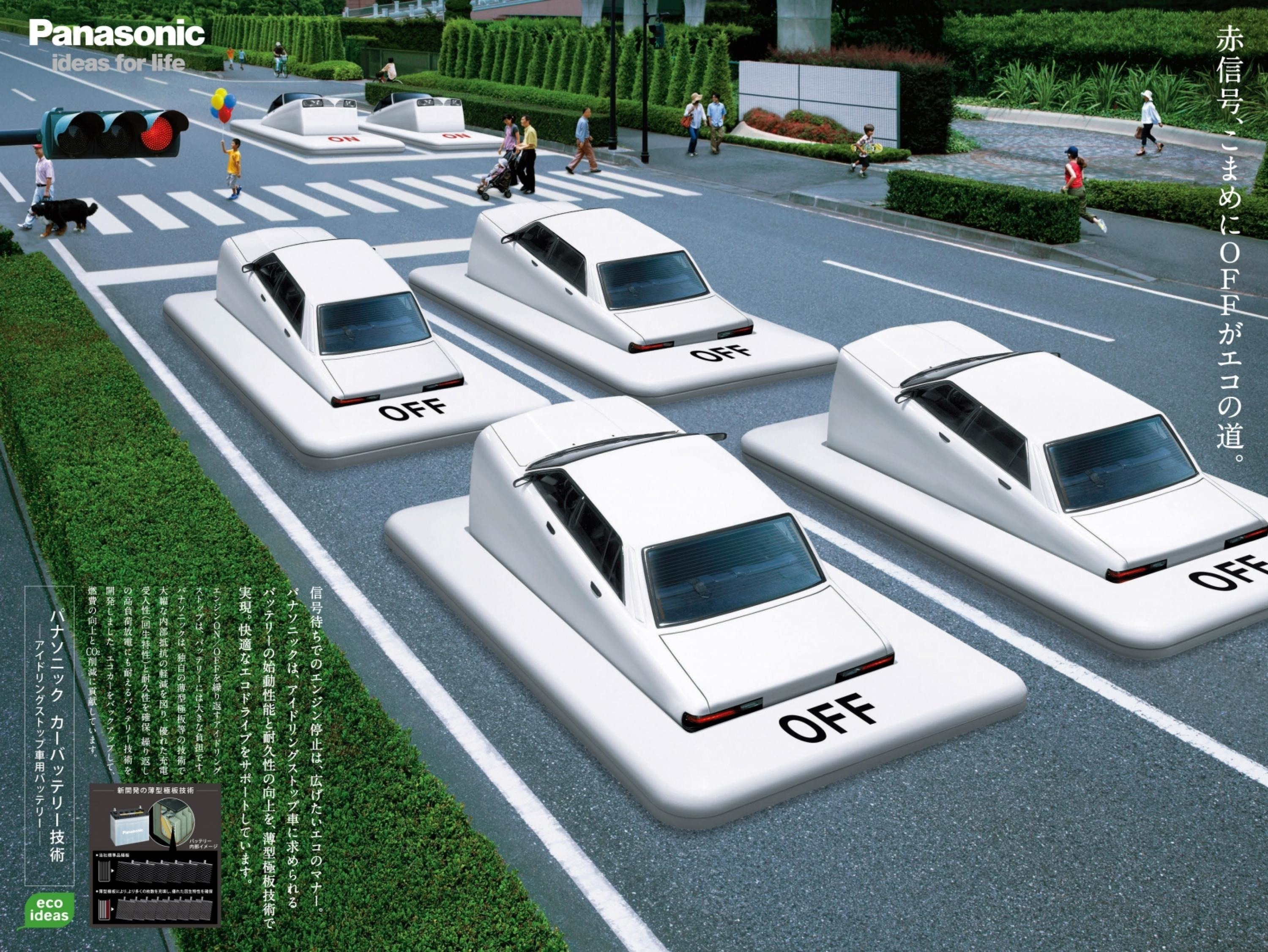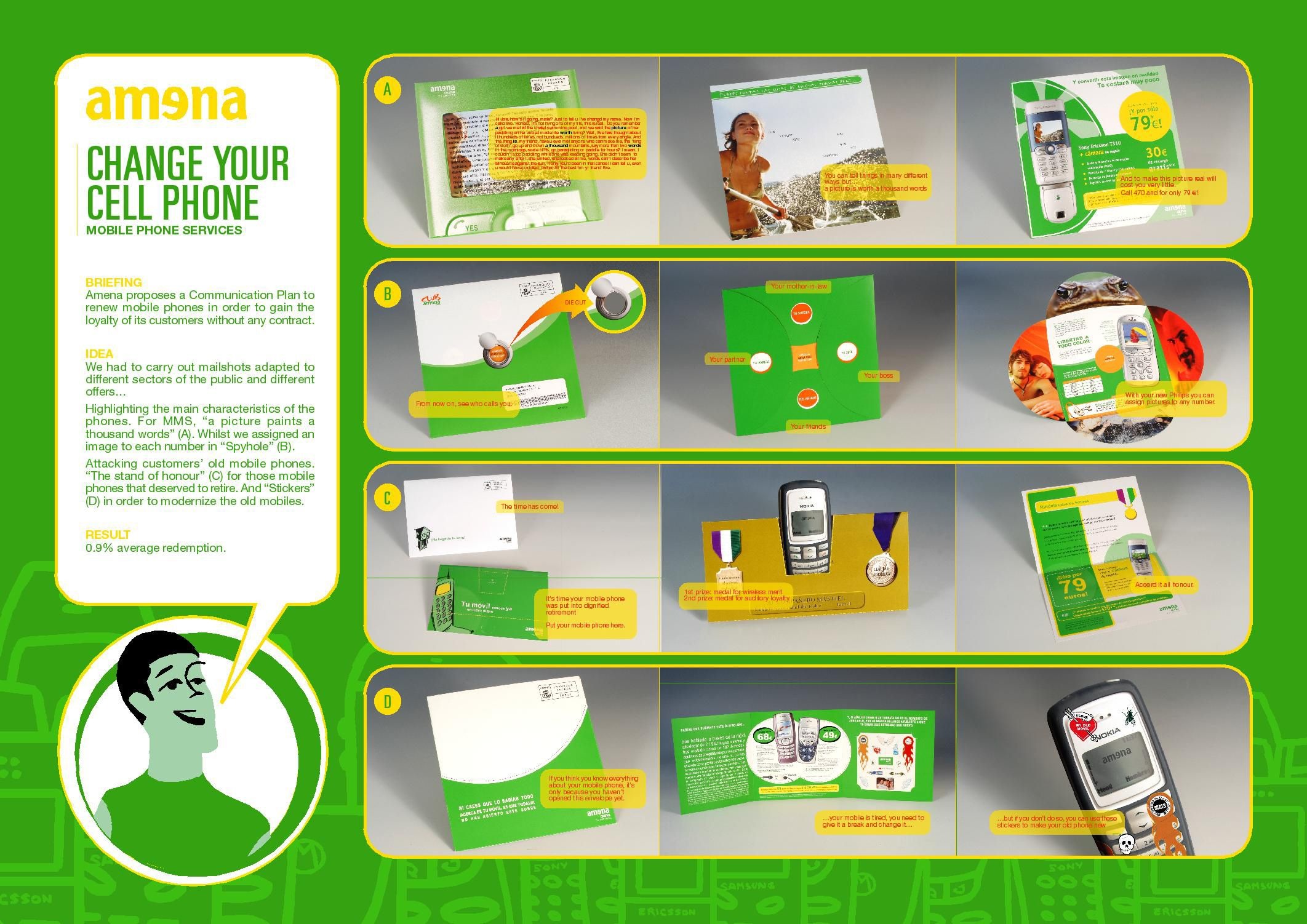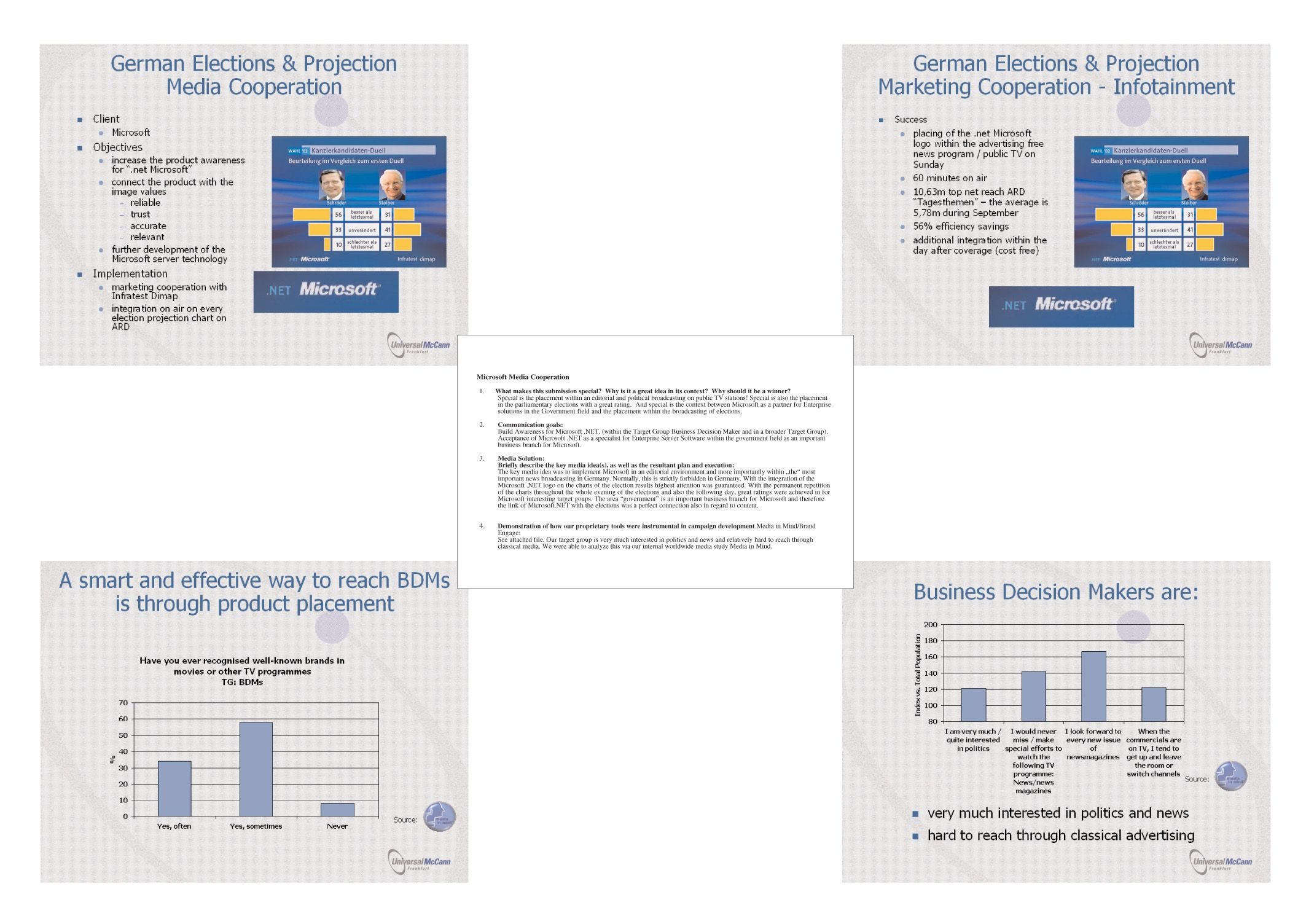Cannes Lions
Background Blidspot
RAZORFISH AUSTRALIA, Sydney / MICROSOFT / 2022

Overview
Entries
Credits
OVERVIEW
Background
The Covid lockdown has taken a toll on Australia’s mental health. Between June 2020-2021, one in five reported high levels of psychological distress, and over 17.6 million mental health-related services were processed (Australian Bureau of Statistics).
#WFH gave us an unprecedented look into the private homes and lives of our colleagues. However, with the endless stream of video call meetings, you’d think it would be easy to spot signs of stress and overwhelm!
With the ubiquity of Microsoft Teams, Microsoft Advertising realised it was their responsibility to help remote workers connect beyond feature-rich video conferencing. But there was no separate budget for a new purpose-driven campaign promoting digital well-being, nor ad inventory to leverage over Microsoft Teams.
Our Challenge: How do you gain legitimate attention, and cut through the heavy cloud of video call fatigue on a digital platform that doesn't even have a media buy?
Idea
For World Mental Health Day 2021, on a $0 media budget, Microsoft launched the Background Blindspot—a direct, covert campaign on Microsoft Teams that confirms we are all blinkered when it comes to noticing the mental health struggles of others. Why? The average remote worker was guilty of spending 40% of their video call time looking at themselves, not at others.
To prove our hypothesis and help Australians see beyond their digital blindspot, we conducted a social experiment (similar to a piece of live digital theatre)—running for 180 hours of Microsoft Teams video calls across five sequential days. Guided by psychologist Sabina Read, our volunteers were coached to alter their backgrounds and demeanour to reveal the systemic mental health challenges common across Australia during the pandemic. The results of the experiment? A spine-tingling revelation—not one person reached out to acknowledge the changes they saw in their colleagues.
Strategy
Background Blindspot targeted Australian remote workers. Specifically, high-risk industries identified in the 2020 study by the Mentally-Healthy Change Group, Australia. Data shows that individuals in the creative, media, and marketing sectors had higher than national averages of distress with “20% showing severe symptoms of depression and 24% showing severe symptoms of anxiety.” It’s clear the signs of mental overwhelm are literally right in front of us.
Our approach was to develop a well-being strategy for remote workers in these high-risk industries and provide them with the tools to virtually check-in with their colleagues. The social experiment call-to-action and PR amplification directed Australians to www.backgroundblindspot.com where they could learn to minimise their digital blindspot. The website’s equipped with an interactive role-playing experience and interviews with our psychologist, Sabina Read, to demonstrate how to spot observable changes in peoples’ backgrounds over time.
Execution
Background Blindspot is an arresting invitation to kickstart the conversation around digital well-being. From ideation to completion, the timeline was an eight week development period. The social experiment took place between September 20-24th, 2021. The website and social experiment content went live for World Mental Health Day October on 10th, 2021.
To prove Australia really did have a digital blindspot, we extended the experiment to Instagram with a leading influencer. Over five days, our influencer changed his background, behaviour and appearance to test his audience over lockdown. Would you have noticed? Not one person in his community did.
Background Blindspot was amplified by local and international press, regional and metropolitan radio, and earned a 15-minute segment on Australia’s #1 news morning show (Channel 7). As a cherry on top, two of Australia’s most trusted charities supported and scaled the campaign—RUOK? and ReachOut.
Outcome
The Background Blindspot is a low-budget, direct campaign crafted to have a profound impact surrounding World Mental Health Day 2021:
• Over 1 million impressions in 24hrs (501,445 across TV/Radio & 538,150 across Web/Social).
• More than half of website visitors spent 3 minutes or more on the site.
• 1 in 6 website visitors downloaded our Microsoft Teams World Mental Health Day backgrounds.
• Snowball of heartfelt reflections shared on socials.
• In a fog of #videocallfatigue, we gained complete cut-through on Microsoft Teams without any media buy.
• $0 media budget
• 100% change in perspective
What started as a niche experiment to normalise mental health and neurodiversity conversation for remote workers, transformed into a profound revelation for the nation that will linger for years to come.
So the next time you jump on a video call meeting, ask yourself, “am I seeing the full picture?”.
Similar Campaigns
12 items






